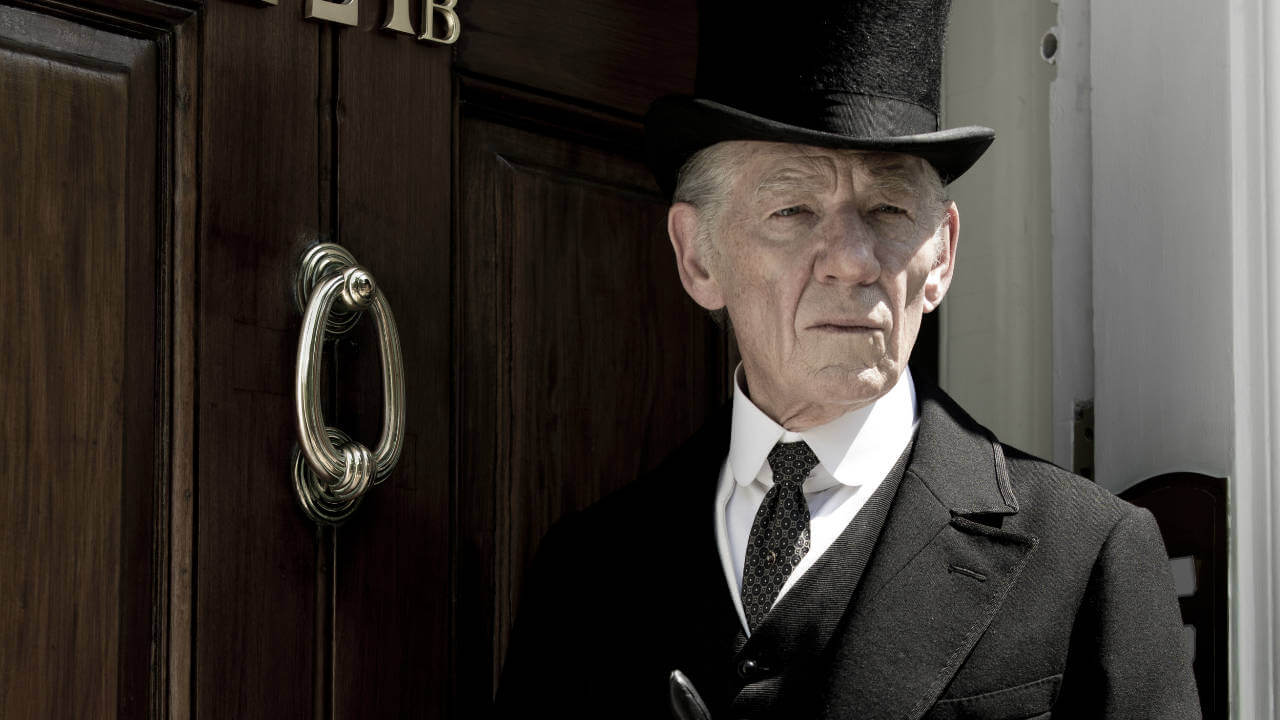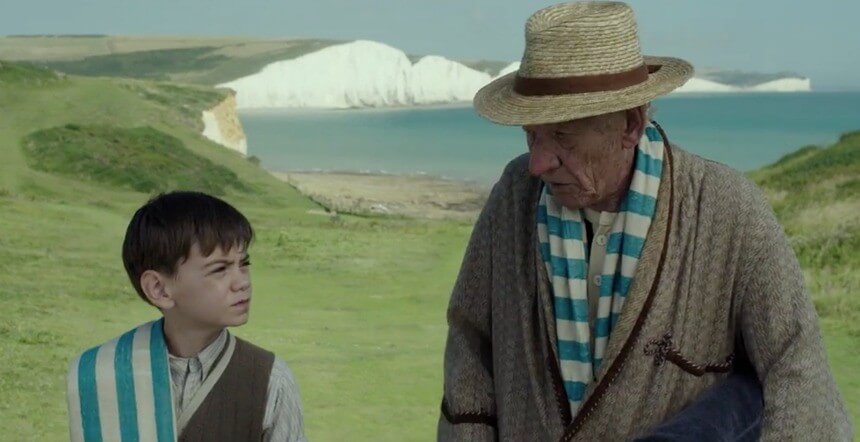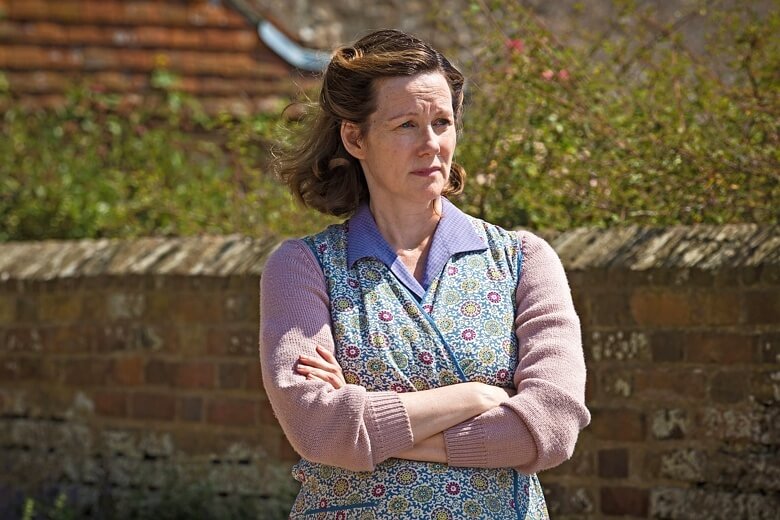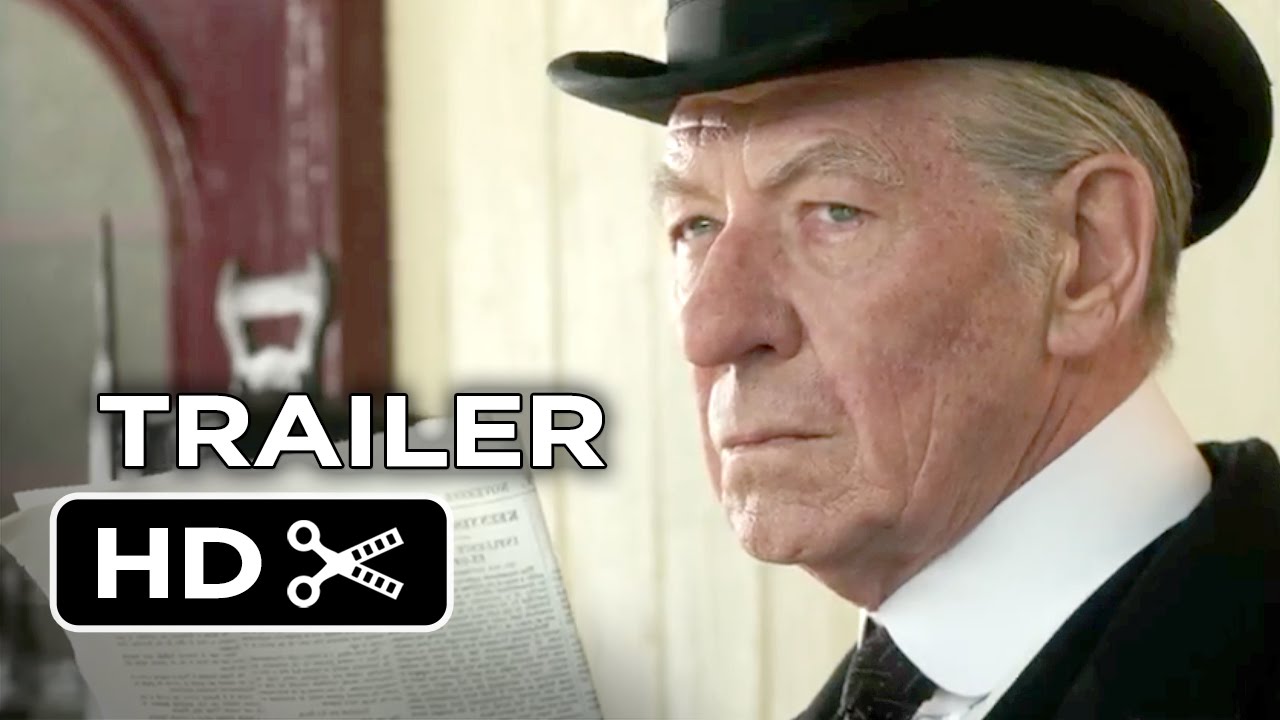Sherlock Holmes, it seems, has always been a part of our consciousness. The character is pre-comic-era superhero much like Hercules or Zorro. The World’s Greatest Detective before that moniker was stolen by a sociopath billionaire orphan with a fondness for bats. Within the last ten years, however, there has been a flood of Sherlocks: Lucy Liu’s Elementary, Benedict Cumberbatch’s Sherlock, the Robert Downey Jr.’s Sherlock Holmes movies, and Hugh Laurie’s House, to name the most prominent. I have seen all of these except for Elementary, and each one is excellent in its own way (although House got formulaic and predictable quickly).
The weird thing is, all of these are incredibly similar. Sherlock Holmes’ character is a disconnected, slightly sociopath (why all of our great detectives have to be sociopaths is a subject for a whole other article) eccentric genius who is followed around and assisted by the more human Watson (sound familiar?). Holmes is charming and witty almost to a fault. He’s spry and bounces around the room like a young man, although that could easily just be the cocaine.
Because of all of these similarities, and despite my love of Sir Ian McKellan, I was not particularly excited to see Mr. Holmes. It seems I wasn’t the only one, as it opened last month as between the 9th and 11th most popular movie in theaters at the time. Not terrible numbers by any means, but also not a blockbuster.
And then, The Nerdist released this excellent podcast of a conversation with Sir Ian McKellan in which they talked–among other things–about Mr. Holmes. In the podcast, Sir Ian talks about his take on the character of Sherlock Holmes and what this movie was trying to do, and the way he described the character and what the movie was about made me so excited to see it that I went first chance I got.
And I was not disappointed.
Minor spoilers to follow:
The movies opens up with a 93-year-old Sherlock Holmes returning to his countryside home near the White Cliffs of Dover. Here he meets up with his housekeeper Mrs. Munro (Laura Linney) and her son Roger. Right away we see Mr. Holmes treat his housekeeper and her child with the indifference bordering contempt to which we have become accustomed from the character.
Eventually, Holmes warms up to the Roger, who shows an interest in beekeeping (Sherlock’s new hobby). Aside from the beekeeping, Roger breaks into Sherlock’s study and reads a story Sherlock is writing regarding his final case. The boy’s interest in the story and his aptitude for problem-solving also bring him and Sherlock closer together.
Mrs. Munro is not particularly excited about her son warming up to this old codger whom she believes is probably standing at death’s door, so she searches for–and finds–another job opportunity both in the sake of job security and the well-being of her son.
The elderly Sherlock is physically doddering as well as losing his mental faculties. He has just returned from a trip to Japan to find prickly ash; a plant he believes will cure the ailments of his old age. Eventually, we find out that the reason Sherlock is writing the story of his final case–usually a task for Watson and, in fact, something Watson had already done–is that he is trying to remember how the case actually went, as opposed to Watson’s fictionalization of it. Sherlock believes the he got the case wrong, and that is why he went into retirement some 30 years before.
As a result of Sherlock remembering the particulars of this final case, Mr. Holmes actually comes across as two distinct films whose themes compliment one another. One–the half-remembered final case–is something like a classic whodunit Sherlock Holmes tale. The other–the “present day” story that frames the first–is a meditation on death, mortality, and old age that also breaks the classic character of Sherlock Holmes down from super humanity to something more human. Indeed, we even see the elderly Sherlock praying at the end of the film, which is surely something young, logical Sherlock would scoff at. The whole film is Sherlock trying to come to terms with that which is illogical: human emotion.
Sir Ian McKellan’s portayal of both Sherlocks–the elder and the younger–is, as expected, excellent. Only he could bring that character to a believably human level. Indeed, he connects to us without the help of Watson (although the character of Roger is a bit of a stand-in for that human sounding board). The younger Sherlock is still spry and cock-sure, while the elder is doddering and filled with regret, trying to find his place in the world.
Linney’s portrayal of Mrs. Munro at first comes off as one-dimensional and shrewish, but as the movie goes on, it becomes obvious that it’s much more subtle. Although at first she seems to hold Sherlock in contempt, as events unfold it becomes obvious that she’s merely putting her son first and holding Holmes at arm’s length to avoid losing another loved one (her husband/Roger’s father died in World War II).
Milo Parker–the young actor playing Roger–does an outstanding job playing the human foil to Sherlock’s super humanity. He is at once petulant, filled with wonder, and enchanting. That any child could hold their ground against such seasoned professionals as Linney and McKellan is impressive on its own, but Parker goes above and beyond to create a memorable character who is almost more engaging that Mr. Holmes himself.
Although it may not be as exciting and flashy as Age of Ultron or mind-bending as Ex Machina, Mr. Holmes presents a fresh take on a well-worn character and is a beautiful study of the humanity in all of us.










